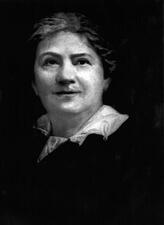Religion: Judaism-Conservative
Agunot
Agunot are women who are unable to obtain a rabbinic divorce because their husbands or husbands’ male next of kin are unable to give one, leaving them chained in marital captivity. Although many efforts have been made to address these problems, for those most part agunot in halakhically observant communities continue to face deep-seated challenges.

Assimilation in the United States: Twentieth Century
Jewish women assimilating into a changing American society across the twentieth century navigated often conflicting gender roles. As they strove to achieve upward social mobility, they adapted Jewish assumptions of what women, especially married women, should do to accommodate American norms for middle class women. Their collective accomplishments registered in political activism, organizational creativity, strong support for feminism, religious innovation, and educational achievement in the face of antisemitism, stereotypes, and denigration.
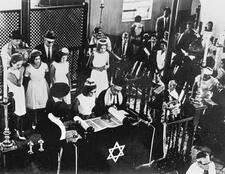
Bat Mitzvah: American Jewish Women
When Judith Kaplan Eisenstein became the first American girl to mark her bat mitzvah on March 18, 1922—two years after women were guaranteed the right to vote in the US—she recalled “shock[ing] a lot of people,” especially her disapproving grandmothers. Today, American girls across the Jewish spectrum, from secular to ultra-Orthodox, mark their coming-of-age in various forms.
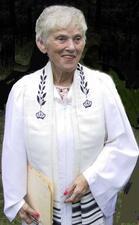
Cantors: American Jewish Women
Women’s vocal leadership in synagogue music began with zogerin (women prayer leaders) in the women’s gallery. In the nineteenth century, women began participating in mixed choral and community singing, and some opera singers acted as cantors in important Reform congregations. In the 1970s and 1980s, the Reform and Conservative movements began formally investing women as cantors, and today a plurality of cantors in liberal movements are women.

Nina Beth Cardin
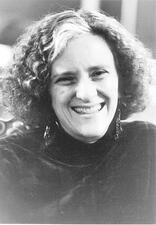
Conservative Judaism in the United States
Women have played a pivotal role in propelling the Conservative Movement to confront essential issues including Jewish education and gender equality. The Movement’s attention to issues such as the religious education of Jewish girls, the status of the agunah (deserted wife), equal participation of women in ritual, the ordination of women, and innovations in liturgy and ritual to speak to women’s experiences has helped to shape the self-definition of Conservative Judaism, and has enabled talented Jewish women to reach new heights in religious leadership.
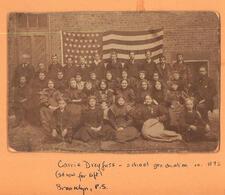
Carrie Dreyfuss Davidson
Carrie Dreyfuss Davidson became an important voice for women in the Conservative Movement as a founder of United Synagogue’s Women’s League and founding editor of its journal Outlook. Davidson exemplified the often-competing paradigms of Jewish homemaker and accomplished writer and community leader.

Gesa Ederberg

Amy Eilberg
Rabbi Amy Eilberg, ordained by the Jewish Theological Seminary in 1985, is notable as the first woman ordained as a rabbi by the Conservative movement. Her multifaceted career as a chaplain, spiritual director, kindness coach, and peace and justice educator has focused on serving as a resource to help others achieve personal, interpersonal and spiritual growth.

Sylvia Ettenberg

Nina Feinstein
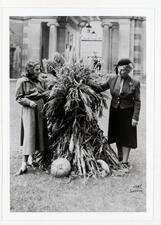
Adele Ginzberg
Known as “Mama G.” by generations of admirers, Adele Ginzberg was an influential figure in the Conservative Movement as wife of the famed Louis Ginzberg, professor of Talmud at the Jewish Theological Seminary, and was an active member of the National Women’s League of the United Synagogue. Ginzberg was a role model and inspiration to rabbinical students and women leaders and an early supporter of equal rights for women in synagogue rituals.

Sally Gottesman
Sally Gottesman, born 1962 in New Jersey and residing in New York, is a non-profit entrepreneur whose leadership and philanthropy have had a major impact on the Jewish feminist and justice landscape.

Susan Grossman
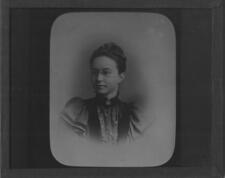
Fanny Binswanger Hoffman
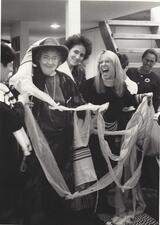
Jewish Feminism in the United States
Challenging all varieties of American Judaism, feminism has been a powerful force for popular Jewish religious revival. The accomplishments of Jewish feminists have transformed American Jewish life, even as the ultimate goal of gender equity and shared power has yet to be fully realized.
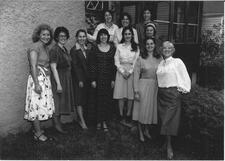
Women, Music, and Judaism in America
Lillian Kasindorf Kavey
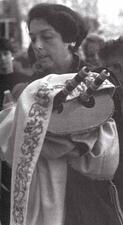
Francine Klagsbrun
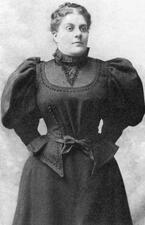
Rebekah Bettelheim Kohut
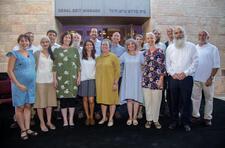
Leaders in Israel's Religious Communities
Since the late twentieth century, Israeli women have begun to assume leadership positions that are undoubtedly “religious” in both content and form. In the Reform and Conservative movements, gender equality has existed for decades, while in the most traditional ultra-Orthodox societies distinctive female religious leadership exists only within halakhic constraints. In modern Orthodoxy, measured changes have led to significant changes over the years and a new generation of religious leadership.
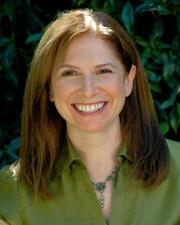
Naomi Levy
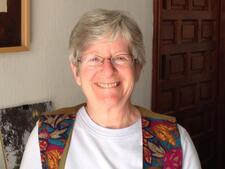
Martha Ackelsberg
Martha Ackelsberg is a Jewish feminist lesbian anarchist activist, community leader, and academic. She is a leading scholar of anarchism and of anarchist women’s organizations of the Spanish Civil War. A founder and/or early leading visionary in pivotal United States Jewish developments, Ackelsberg has been a key voice shaping feminist, lesbian, and havurah contributions to twentieth- and twenty-first century Jewish life.
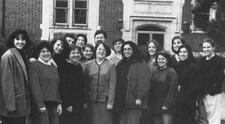
Rabbis in the United States
Since 1972, when Sally Priesand became the first woman in the world ordained by a rabbinical seminary, hundreds of women have become rabbis in the Reform, Reconstructionist, and Conservative movements. In recent years, womenhave also entered the Orthodox rabbinate, using a variety of titles, including rabbi.
